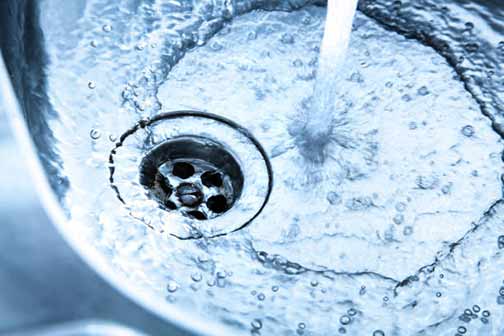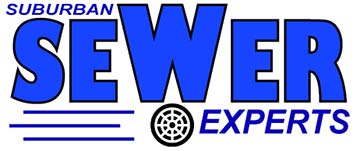
The sewer line is the most hardworking part of your home’s plumbing, according to RPM Talent Management Team. It is fair to refer to this line as the “dumping ground” for the entire system. That’s because all the wastewater from your home eventually ends up in the sewer line.
Whether greywater from showers, sinks, and washing machines or blackwater from toilets, it will find its way into the sewer line. That is why if the sewer line malfunctions, virtually all the plumbing fixtures in your home will be affected.
Yet, despite its vital role in keeping your home comfortable and sanitary, the sewer line is probably the most neglected section of your plumbing. Most homeowners don’t pay attention to their sewer line until it breaks, leaks, or becomes clogged.
But the sad truth is it is not hard to keep your sewer line functional and in good physical condition. It costs less to maintain a sewer line to ensure its proper function than to fix a damaged or blocked sewer line.
Why do sewer lines get clogged?
Sewer line clogs and blockages happen because of several avoidable and unavoidable reasons.
- Unavoidable causes of sewer line clogs and blockages
The wastewater that flows into the sewer line from various drains in your home always contains debris. Depending on the source of the water, this can be things like food particles, soap scum, human hair, etc.
As water from these fixtures flows through the sewer line, some of the solid or semi-solid materials inside it are deposited on the sides and bottom of the pipe. Over time, this buildup continues until it accumulates to the point where it can block the line.
- Avoidable causes of sewer line clogs and blockages
The way you use your home’s drains can predispose your sewer line to clogs and leakages. For instance, flushing fats, grease, and oils into your drains will increase the likelihood of sewer line clogs.
Also, the sewer line is more likely to clog if you dump non-biodegradable items (like so-called flushable items) into the toilet. A common cause of sewer line corrosion and leakage is the frequent usage of inorganic drain cleaners (due to the harsh chemicals inside them).
How to keep your sewer line flowing
The above causes of sewer line clogs and leakage clearly show that you can eliminate or minimize the risk of problems in your sewer line by taking simple actions. The following maintenance steps and lifestyle changes can help your sewer line function optimally.
Home remedies for optimal sewer line function;
- Scrape dishes before putting them in the dishwasher. Do not dump coffee grounds, eggshells, starches (such as rice and mashed potatoes), celery, or stringy veggies into the drains.
- Fats, grease, and oils may be soft and runny inside your kitchen, but they harden into a solid, sticky mass inside the sewer line. Dispose of fats, grease, and oil in the garbage container.
- Do not allow non-biodegradable items, such as paper wipes or towels, napkins, feminine hygiene products, cigarettes, latex condoms, and diapers, to enter your toilet.
- Installing strainers or wire mesh on the sink and shower drain openings helps to keep debris out of the sewer line. Make sure they fit properly and clean them regularly.
- At least once a month, pour a half cup of vinegar and a half cup of baking soda into the drains. Wait thirty minutes before you follow these with hot or very warm water.
- If you think a clog is forming inside one of your drain lines, you may use an enzyme-based drain cleaner to break down the organic matter inside the pipes.
Professional steps to keep your sewer line flowing
- Inspect the sewer line
Have your sewer line inspected yearly by a professional plumber. Do this using a sewer camera inspection. This method allows you to get into the corners of the sewer line to see the condition of the pipes up close.
- Clean the sewer line regularly
As explained, you can’t prevent debris from building up inside your sewer line. However, you can take periodic steps to remove the materials inside the line. That can be done by having your sewer line cleaned professionally.
The recommended methods for doing this are Hydro-jetting and Sewer Rodding. These are the safest and most cost-effective drain-cleaning methods for preventive sewer line maintenance. Rodding or jetting your sewer line once a year will stop clogs and blockages.
To sum up, it is critically important to always work with a competent plumber when dealing with sewer line issues in your home. That is because, in the hands of an amateur, even the best sewer line solution can harm your sewer line.
An experienced plumber, on the other hand, is an asset that can help to improve the function of your sewer line, prolong its life, and save you money.


